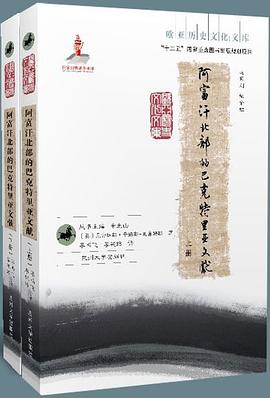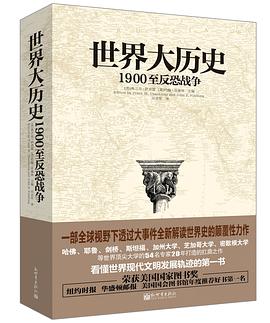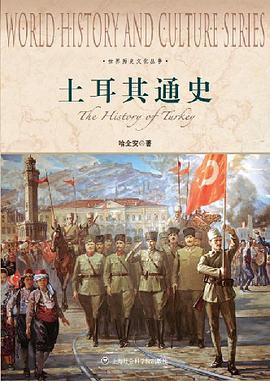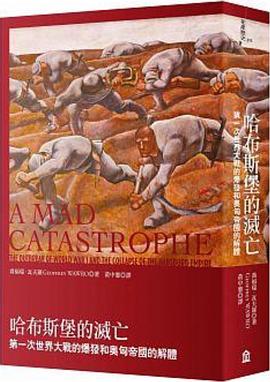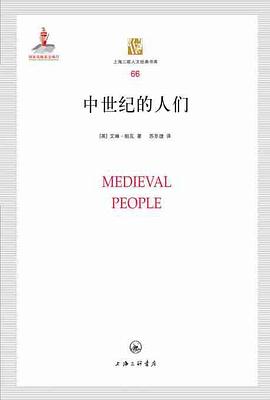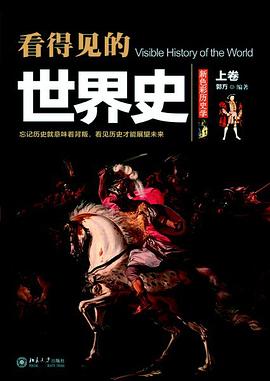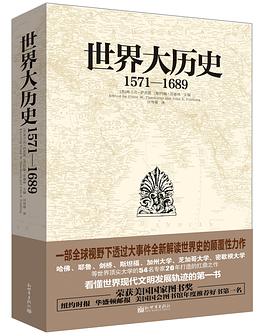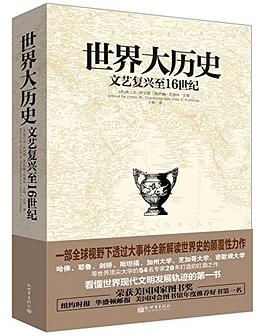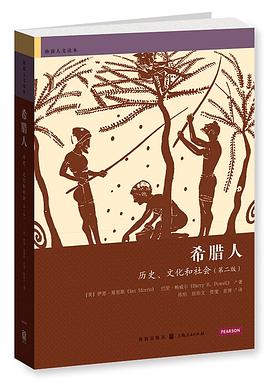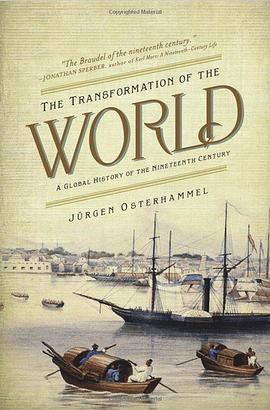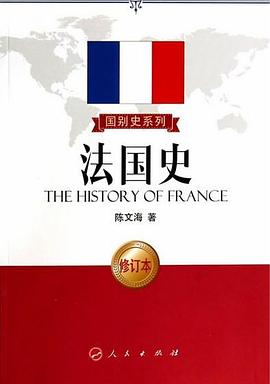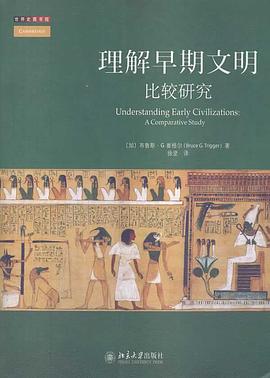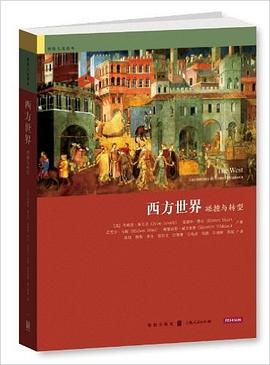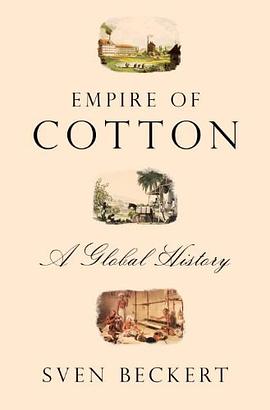

具體描述
The epic story of the rise and fall of the empire of cotton, its centrality to the world economy, and its making and remaking of global capitalism.
Cotton is so ubiquitous as to be almost invisible, yet understanding its history is key to understanding the origins of modern capitalism. Sven Beckert’s rich, fascinating book tells the story of how, in a remarkably brief period, European entrepreneurs and powerful statesmen recast the world’s most significant manufacturing industry, combining imperial expansion and slave labor with new machines and wage workers to change the world. Here is the story of how, beginning well before the advent of machine production in the 1780s, these men captured ancient trades and skills in Asia, and combined them with the expropriation of lands in the Americas and the enslavement of African workers to crucially reshape the disparate realms of cotton that had existed for millennia, and how industrial capitalism gave birth to an empire, and how this force transformed the world.
The empire of cotton was, from the beginning, a fulcrum of constant global struggle between slaves and planters, merchants and statesmen, workers and factory owners. Beckert makes clear how these forces ushered in the world of modern capitalism, including the vast wealth and disturbing inequalities that are with us today. The result is a book as unsettling as it is enlightening: a book that brilliantly weaves together the story of cotton with how the present global world came to exist.
著者簡介
Sven Beckert is the Laird Bell Professor of American History at Harvard University. Holding a PhD from Columbia University, he has written widely on the economic, social, and political history of capitalism. He has been the recipient of numerous awards and fellowships, including from Harvard Business School, the Dorothy and Lewis B. Cullman Center for Scholars and Writers at the New York Public Library, and the Charles Warren Center for Studies in American History. He was also a fellow of the American Council of Learned Societies and the John Simon Guggenheim Memorial Foundation. He lives in Cambridge, Massachusetts.
圖書目錄
讀後感
文/宝木笑 想象风起萍末时的青涩和扶摇万里后的豪迈,也许是历史最为吸引人的地方。比如我们喜欢看到的历史是这样的:1328年10月21日,一个男婴降生在了一个贫苦的家庭,他是家中第四个孩子,在整个同姓赤贫家族中排行老八,小时候差点饿死的他不会想到,25年后他会参加一支起...
評分 評分我与作者斯文、译者轶杰在不同的时空背景中结识,不曾想到有一天斯文的写作会将我们连接起来。在感叹世界变小的同时,我对他讲述的棉花经济全球化的故事也有了更切身的理解:将不同时空中原本互不关联的人事网络连接在一起,在此基础上建构一种共时性(synchrony)新秩序,这也...
評分用戶評價
討論作為全球商品的棉花,覆蓋麵比較廣,英國和美國部分較為詳細。寫得很流暢,但像這類以單一主題闡述全球史的題目,還是覺得流暢的敘事是在簡化曆史,而不是還原曆史復雜性。書比較長,可另行參閱作者在AHR上的文章,論點基本相同。
评分棉花被商業化以來,一直是全球化的象徵,是資本,勞動力,和國傢權力的交織作用對象。棉花"帝國“的曆史,是商業史,經濟史,和政治史。 推薦。
评分把許多的曆史換瞭一種方式組織瞭起來,讀起來也挺有意思的
评分Roles of violence and the state in war capitalism of pre-industrial era.
评分看完已經把細節都忘記瞭!
相關圖書
本站所有內容均為互聯網搜索引擎提供的公開搜索信息,本站不存儲任何數據與內容,任何內容與數據均與本站無關,如有需要請聯繫相關搜索引擎包括但不限於百度,google,bing,sogou 等
© 2025 book.quotespace.org All Rights Reserved. 小美書屋 版权所有

